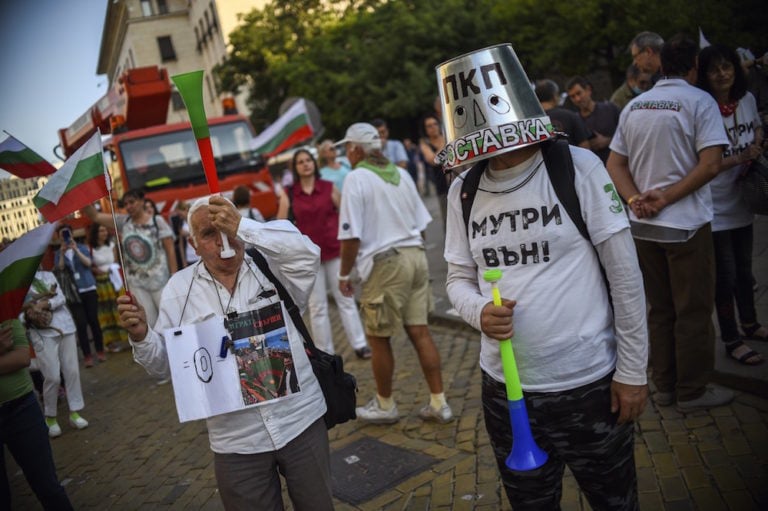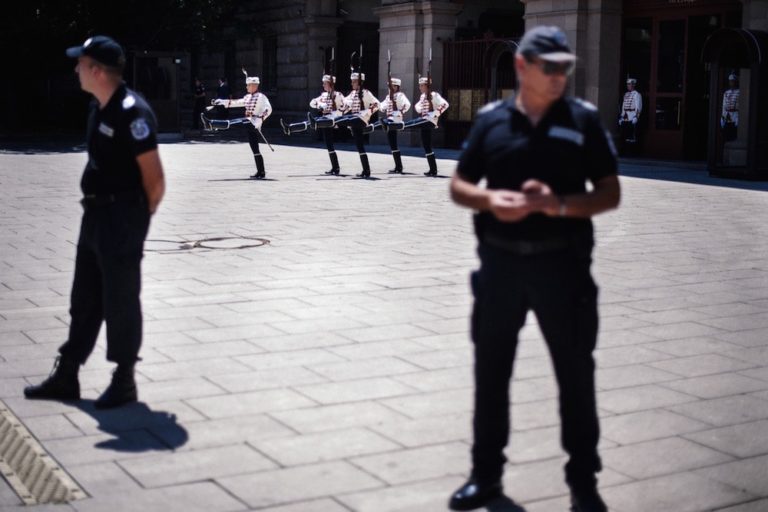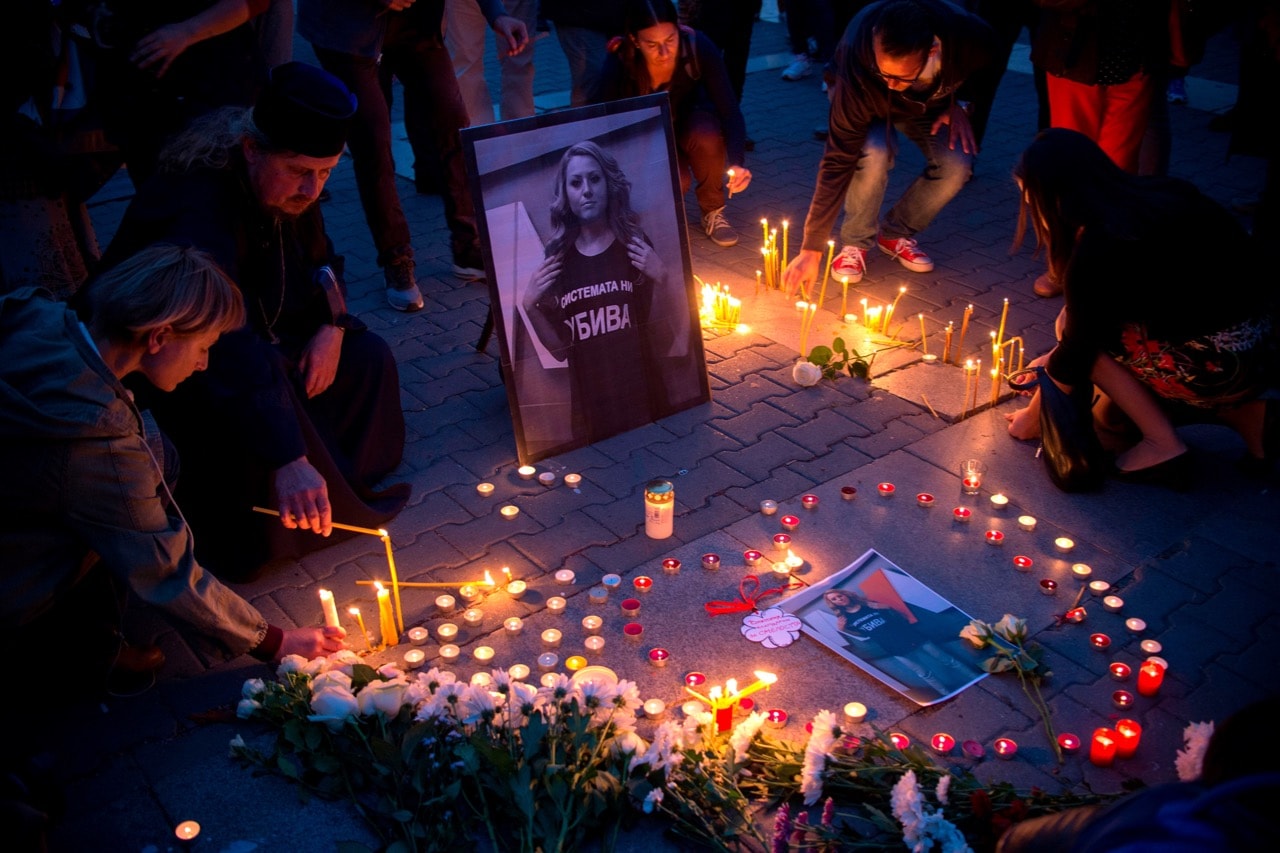(IPI/IFEX) – According to the International Press Institute, Bulgarian President Petar Stoyanov vetoed a proposed radio and television law on 28 September 1998. Stoyanov sent the bill back to parliament for further debate, as he was concerned it may fail to guarantee the political independence of the media and could create divisions between ethnic groups. […]
(IPI/IFEX) – According to the International Press Institute, Bulgarian
President Petar Stoyanov vetoed a proposed radio and television law on 28
September 1998. Stoyanov sent the bill back to parliament for further
debate, as he was concerned it may fail to guarantee the political
independence of the media and could create divisions between ethnic groups.
**Updates IFEX alert of 2 July 1998**
IPI had recently urged President Stoyanov to reject the bill primarily
because of the proposed composition of the seven member National Radio and
Television Council (NTRC), as the law did not ensure the political
independence of the council’s members. The council has the power to ban
programmes and suspend broadcasting licences.
Stoyanov also rejected an article in the law which stipulated that national
radio and TV language programmes should be broadcast only in Bulgarian, and
a provision which proposed to ban advertising on television between 7pm and
10pm.
IPI was encouraged by Prime Minister Kostov’s reaction to the veto when he
stated that President Stoyanov’s concerns were “not unreasonable.” The
president’s veto can be overruled by a second vote in parliament.


